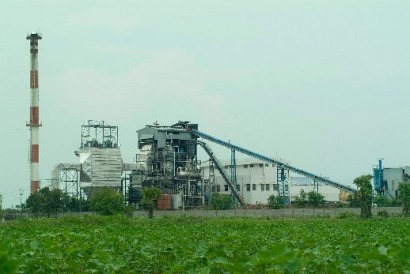
India’s need for a quality, uninterrupted energy supply to support its burgeoning industrial base, the need for additional capacity for rising urban and rural demand and, the increasing vulnerability of energy security are gradually becoming difficult to address, and more so in the light of environmental concerns. Although renewable energy resources cannot provide an exhaustive solution to India’s energy crisis, they can reduce its gravity to a large extent, and the most promising of renewable energy resources available to Indians is biomass, which doesn’t have the problem of inherent intermittency.
With an agrarian economy, India has abundant biomass reserves which a decade old survey reported amounts to 23,000 MW. However, to date, only 2,500 MW of grid connected and 400 MW of off-grid capacity has been harnessed. Inter alia, fuel availability has been the predominant factor in dismal bio-capacity gestation. The ‘not-so-high’ yield per hectare of biomass fuel along with the seasonality factor makes availability of a decent feedstock supply a major concern for biomass plant developers. In addition, the low energy density of feedstocks renders the fuel transportation option economically unviable.
Furthermore, the technology currently used in India is not the best available in the industry, while the policy and financial environment is not very conducive for technology imports. The low-end benchmarks used by financing institutions to grant loans for biomass plants further impedes the procurement of highly efficient but equally costly machinery from outside India.
Despite these barriers to biomass development, market potential is clear, and in a new market report, business intelligence provider, Infraline Energy, evaluates the attractiveness of India’s biomass sector.
The report serves as a complete guide to the biomass industry and includes exhaustive data on feedstocks, their price trends and competitive use. It analyses central and state level policies; handholds a developer through the plant setting up procedure; highlights existing technology, evolving technology trends and the increasing role of Chinese players; assesses the economics behind biomass plants and identifies avenues to enhance the revenue streams; forecasts the biomass capacity additions by 2015; discusses business profiles of key manufacturers and developers, and finally eventuates into identification of lucrative investment pockets in India.
If you have whether there is a need for policy change to clear the gloom around biomass capacity development in India, or what the administrative procedure and financial hurdles are in setting up biomass plants in India, this report will help answer your doubts.
For additional information:
Evaluating the attractiveness of business opportunity in Biomass Power in India

